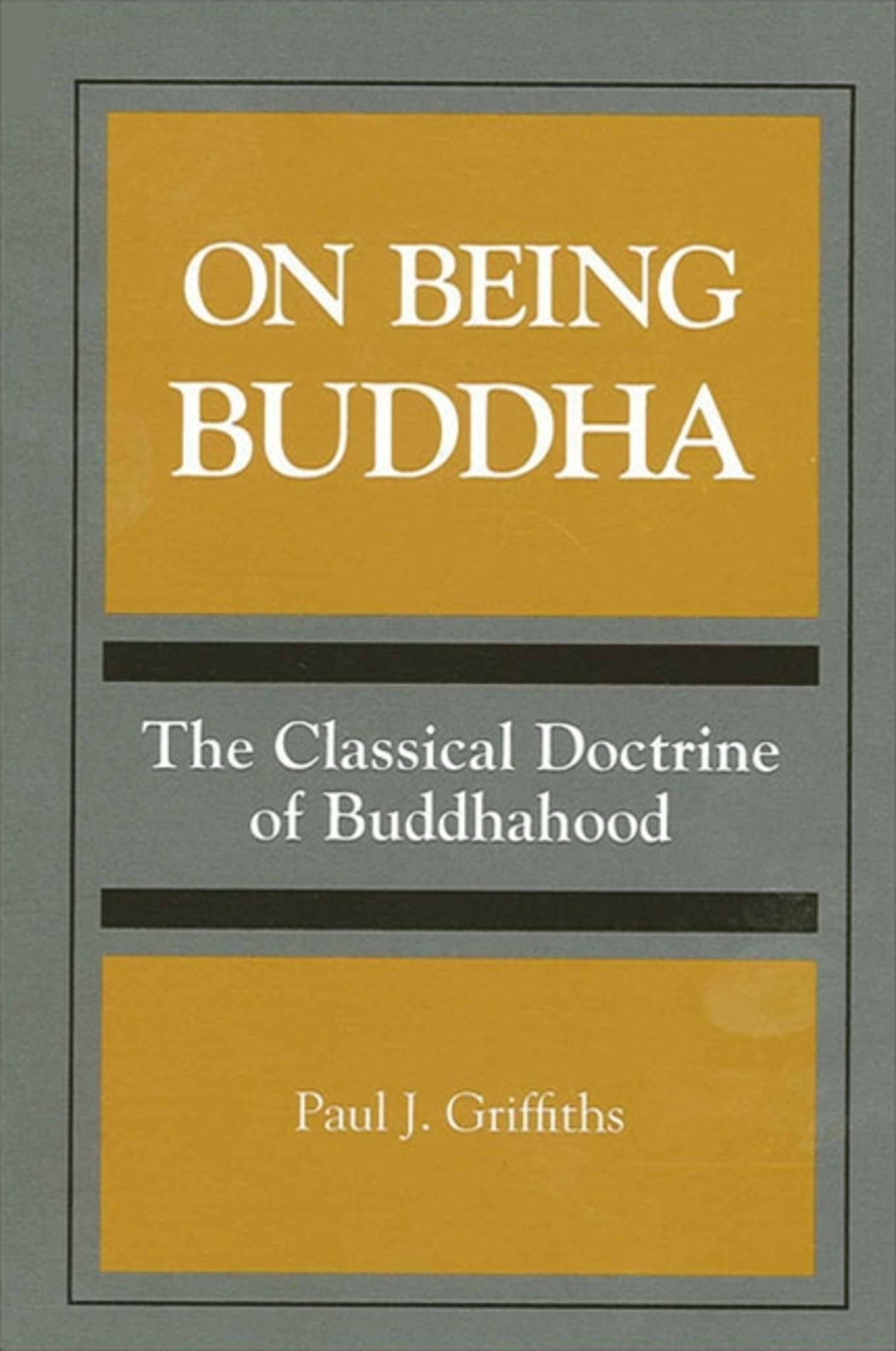We're sorry. An error has occurred
Please cancel or retry.
On Being Buddha

Some error occured while loading the Quick View. Please close the Quick View and try reloading the page.
Couldn't load pickup availability
- Format:
-
15 September 1994

What is it like to be a Buddha? Is there only one Buddha or are there many? What can Buddhas do and what do they know? Is there anything they cannot do and cannot know? These and associated questions were much discussed by Buddhist thinkers in India, and a complex and subtle set of doctrinal positions was developed to deal with them. This is the first book in a western language to treat these doctrines about Buddha from a philosophical and thoroughly critical viewpoint.
The book shows that Buddhist thinkers were driven, when theorizing about Buddha, by a basic intuition that Buddha must be maximally perfect, and that pursuing the implications of this intuition led them into some conceptual dilemmas that show considerable similarity to some of those treated by western theists. The Indian Buddhist tradition of thought about these matters is presented here as thoroughly systematic, analytical, and doctrinal.
The book's analysis is based almost entirely upon original sources in their original languages. All extracts discussed are translated into English and the book is accessible to nonspecialists, while still treating material that has not been much discussed by western scholars.


"The book raises fundamental issues concerning not only Buddhist ways of conceptualizing divinity but human ways in general of doing so. It provides remarkable new insights in both of those domains. The book is of unquestionable importance." — John Makransky, Boston College
Foreword
by Frank E. Reynolds
Preface
Acknowledgments
Chapter One: The Doctrinal Study of Doctrine
1.0 Prolegomena
1.1 Primary Doctrines
1.2 Secondary Doctrines
1.2.1 Rules of Recognition and Patterns of Derivation
1.2.2 Rules of Interpretation and Combination
1.3 The Doctrinal Uses of Primary Doctrines
1.4 Applying the Theory
Chapter Two: Buddhist Doctrine
2.0 Prolegomena
2.1 The Doctrinal Digests
2.2 The Authority of the Doctrinal Digests
2.3 The Content and Subject-Matter of the DoctrinalDigests
2.4 The Goals of the Doctrinal Digests
2.5 Theories of Doctrine in the Doctrinal Digests
2.5.1 Rules of Recognition
2.5.2 Rules of Interpretation
Chapter Three: Buddhalogical Doctrine
3.0 Prolegomena
3.1 Buddhalogy and Maximal Greatness
3.2 Titles and Epithets of Buddha
3.3 Properties of Buddha
3.4 Analytical and Organizational Schemata
3.5 Metaphysical Embeddedness and Systematic Location
Chapter Four: Buddha in the World
4.0 Prolegomena
4.1 The Buddha-Legend
4.2 Bodies of Magical Transformation
4.3 Buddha's Perfections of Appearance in the World
4.4 Buddha's Perfections of Action in the World
4.4.1 Spontaneity and Effortlessness
4.4.2 Endlessness and Omnipresence
4.4.3 Excursus: Buddha's Consumption of Food
4.5 Buddha's Perfections of Cognition in the World
4.5.1 0mnilinguality
4.5.2 Awareness of What Is Possible and What Is Impossible
4.6 One Body of Magical Transformation at a Time? A Controversy
Chapter Five: Buddha in Heaven
5.0 Prolegomena
5.1 Ornamenting Heaven
5.2 Bodies of Communal Enjoyment
Chapter Six: Buddha in Eternity
6.0 Prolegomena
6.1 Epistemic Predicates
6.1.1 Awareness Simpliciter
6.1.2 Buddha's Awareness
6.2 Metaphysical Predicates
Chapter Seven: Doctrinal Criticism
Doctrinal Criticism
Notes
Glossary
Bibliography
Index



